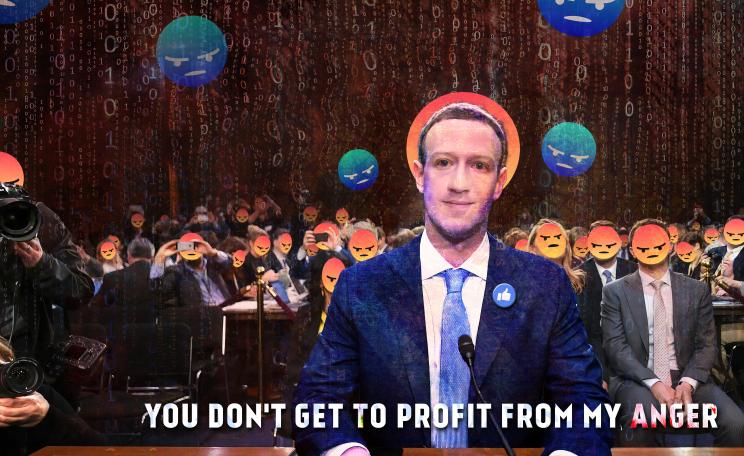The key to success isn’t to get everything right from the start, but rather to keep a testing, experimental attitude.
The most important thing you need to run successful social media accounts is to keep learning from what you do. Measure the results your content gets and draw lessons from it.
Look back at your objectives. Are you getting what you wanted? Welcome to Part 3 of The Ecologist social media guide...
Read Part 1 right here and Part 2 here.
4. Measure, learn and refine
If you want to put thousands of user comments on a politician’s Facebook page, but your content is only getting you ‘likes’, it’s a good indication that you’re doing something wrong. And pick yourself up, it happens.
The key to success isn’t to get everything right from the start, but rather to keep a testing, experimental attitude. “I mainly learn through doing,” says the person who asked to remain anonymous. “A lot of social media is trialling what works. Testing things is important, it allows you to learn what works for your audience.”
Tweak algorithms
Test different ideas, words, formats and track how they perform, for example through link tracking. Then look at hits and misses, and draw conclusions about what is working and why. And if you’ve got any doubts about a post, test those too!
When we did the New Internationalist’s CSO campaign, we thought our readers would like the endorsement we received from Billy Bragg.
Within a few seconds of us posting the picture with Bragg’s endorsement, somebody commented with a picture: two champagne glasses and a communist flag. Not ideal to establish the credibility you need to raise money. Other endorsements brought back a little more, so we went with them.
Testing is an incredibly valuable process. It teaches you a huge amount about both your audience and the social network you’re on. Companies tweak algorithms constantly, and testing things is the only way you’ll find out about their changes.
5. Keep learning
There’s no way around learning the hard way – through testing. But also, learn from the best – listen to experts, read articles and keep an open mind about things.
Here are some resources to get you started:
Act Build Change provides free training to people who want to ‘change lives’.
Blueprints for Change is an open library of ‘how-tos’ put together by campaign innovators.
VideoRev provides tools and training to make viral videos for social change.
The 101 Most Useful Websites on the Internet.
The E-campaigning Forum is an email discussion group that includes some of the most successful people in the digital campaigning field.
This Author
Alessio Perrone is a freelance journalist and digital native.





